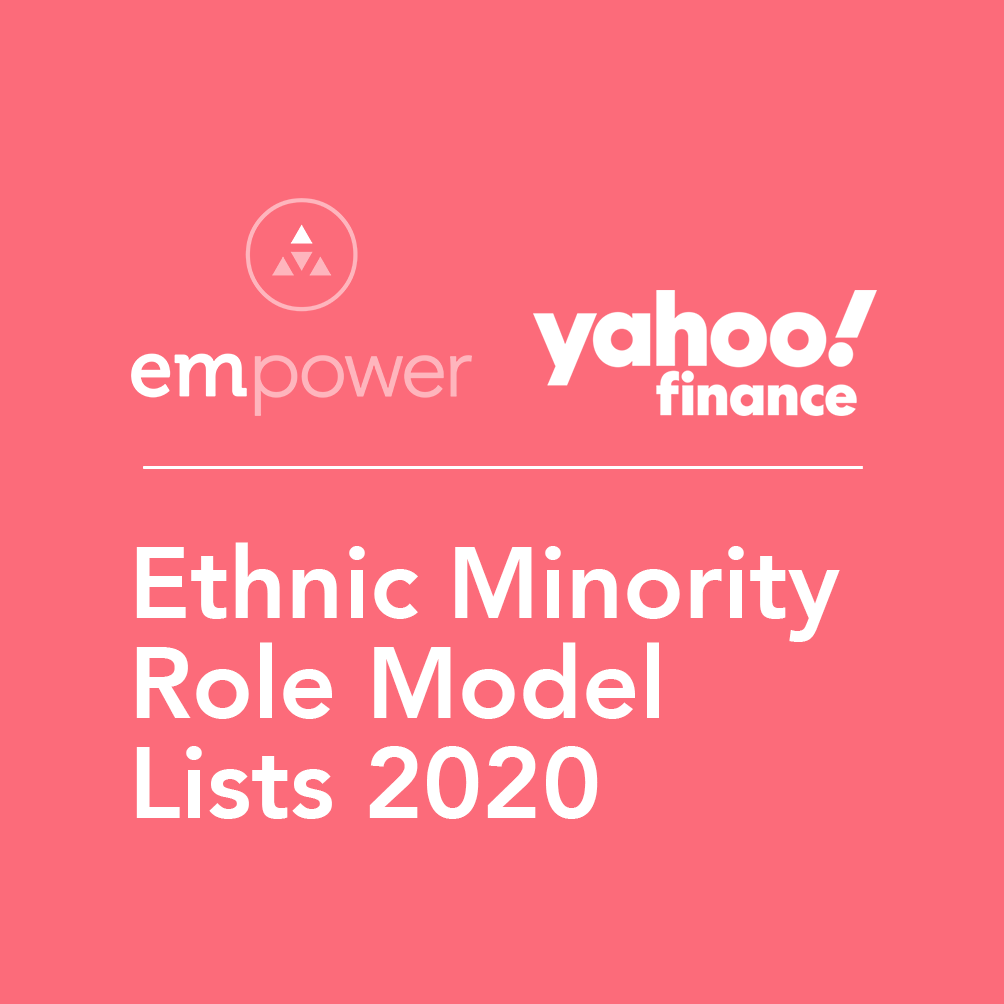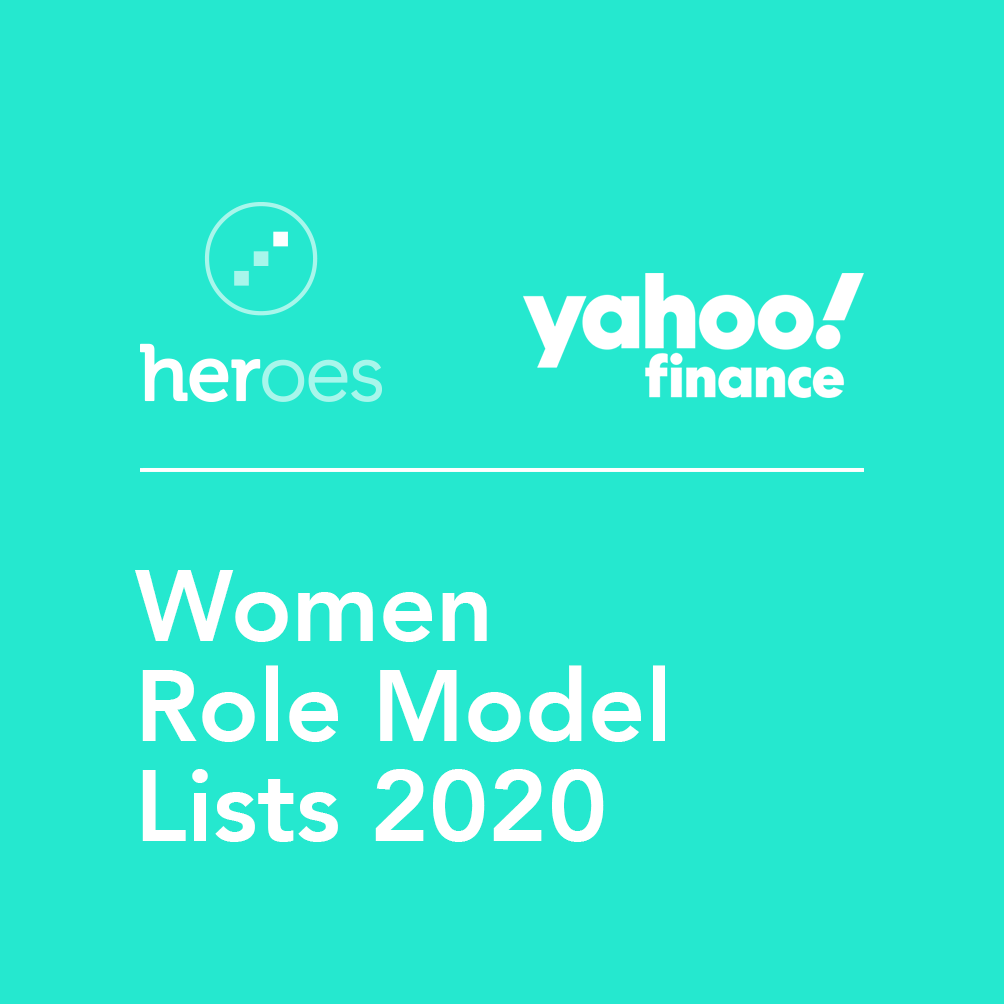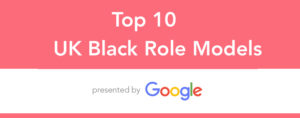
Toib Olomowewe
Organisational Development & Learning Manager at Royal Dutch Shell
We were delighted to sit down with Toib Olomowewe, Organisational Development & Learning Manager at Royal Dutch Shell to talk about his career journey to date and unpick some of the core inclusion challenges in his industry.
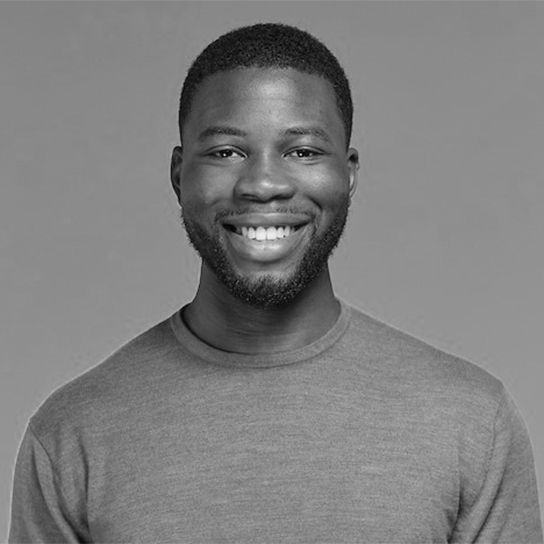
In a nutshell, please tell us a little about your career journey until this point.
Despite spending my summer holidays as a teenager volunteering with local charities, it was a Mergers and Acquisitions internship at Deutsche Bank that felt like my first ‘real’ work experience. I also completed a sales and trading internship at Goldman Sachs whilst I was at university.
After that, I changed tack and my first graduate role was with Teach First in a school in Shoreditch, working as an economics and business teacher. I couldn’t give up the world of commerce though, and during the school holidays, I worked at P&G in Business Development. They eventually invited me to work with them, and it was a difficult decision, but I wanted to see where it would take me. That experience of teaching and other corporate roles provided brilliant a foundation for my progression and career at Shell.
“Don’t measure yourself only by what you can see around you. Think big and think global.”
Who is your role model and why?
I’ve always been analytical when I interact with people. From the beginning of my career, if I attended a presentation and someone really held my attention, I would cherry pick the best of what I think they did. I’d log whether someone’s analysis was really on point, how someone presented data brilliantly, if they were great at story telling. Similarly, if someone wasn’t so great, I’d really try and unpick what it was about it that didn’t work and steer clear of that myself.
It all stemmed from my first internship at Goldman Sachs where I realised there was whole set of rules to a game I didn’t know. My analytical strategy was a coping mechanism, and I became forensic, even to the point where I was observing what type of shoes people wore, the combinations of shirts and ties, how people presented their ideas. Unless you’re from a background where you just know the rules by osmosis, you must learn them. It began with ‘fitting in,’ but that led to quickly learning how I could excel.
So, for me, it’s not about one person, but rather a suite of people with individual attributes that I admire and learnt from along the way.
What did you want to be when you were growing up?
This is going to sound like a cliche, but I wanted to be a footballer. I’ve always been a student of the beautiful game and enjoy the tactical side. The fact that you get supremely fit, travel internationally, play in front of adoring crowds, and get paid a handsome penny was also pretty attractive!
I had a couple of professional trials but was never really a serious prospect beyond League One, and that presented me with a dilemma. At the same time as the trial, I was applying for university. I reflected that I was preparing applications for the top bracket of universities, whereas the trial was with a League One club – two levels below the top bracket of football team. I had a real moment of clarity then as to where my focus should be. I wanted to be at the top.
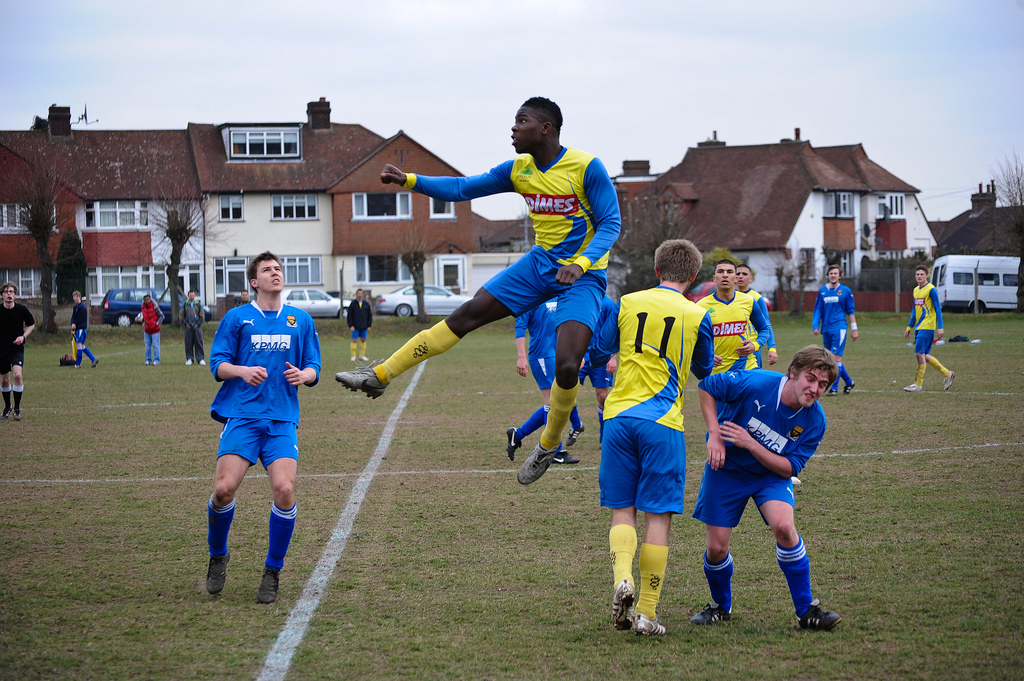
“There was a whole set of rules to a game I didn’t know”
What’s your biggest career regret and your biggest career achievement?
We established a new sixth form at the school I was teaching at, where I was its Deputy Director. The new sixth form meant we could keep our pupils throughout A levels and send them off to university. That was critical, because the majority of students were the first in their family to access tertiary education in the UK.
Those positive externalities for the individuals extended to their families, community and wider society. I was deeply invested in the outcomes of my pupils and got to know about their families, backgrounds, hopes, dreams and aspirations. When I think about it through that lens, it’s a difficult achievement to surpass, especially compared to a simple profit metric you would typically use in the corporate world.
I would love somehow for the two things to go hand in hand.
In a short sentence – what would you tell your 18-year-old self?
Don’t measure yourself only by what you can see around you. Think big and think global.
Do you want to aspire to greatness within the pool that you can immediately see, or should it be amongst a much broader pool, one that you can’t even comprehend right now?
What challenges have you faced within a work setting, and how did these challenges differ at each stage of your career?
This is interesting from a personal perspective, but also working in HR you spend a lot of time thinking about talent management and progression through the organisation. For me personally, at the beginning of your career, it’s the balance between fitting in and standing out. Everyone’s got a different set of experiences to bring, but it’s also important to be a sponge. You’re there to learn initially, but at what point do you then start to exercise your own opinion and risk a cognitive clash or difference of opinion? The key is to demonstrate an emotional maturity beyond your years. You might be ambitious and hungry and have aptitude, but you don’t want opportunities to be held back because you’re deemed to be not emotionally mature enough.
Middle management is where you’ve got to operationally deliver but also begin to show your ability to be strategic, plan on a longer horizon and bring in external views. Allowing yourself to take that step back every now and then can be a real challenge if you are deep in the task of excellent delivery. You’ve also got to develop a comprehensive toolbox around communication, influencing and conflict management, because you’re often in a position where you have to influence without formal authority and you are communicating with a wide array of stakeholders. Middle management is where you also need to come to terms the political nature of organisations, and treat it as something to demystify and understand, rather than something to fear. It can be a challenge because you see things happening in the organisation, but not always the bigger picture. This political literacy helps you to understand the bigger picture.
“Middle management is where you need to come to terms with the political nature of organisations”
Do you think that there are any inclusion related challenges that are unique to your industry?
Historically, the energy industry has been very male dominated. The vast majority of the roles are engineering or technical and require a STEM degree. If you look at the composition of STEM degree programmes at universities, you’ll see the overrepresentation of men and so that imbalance can already be baked in. Our industry has also historically placed a premium on the most prestigious academic institutions, which often have wider representation challenges too – think socio economic status, think race – and then that filters through to the industry as well. That is something that we’re actively trying to overcome, and a big focus for us is to engage people younger. For me, it is important to emphasise that “talent” should not be defined by the university somebody attends at age 18. Yes, academic ability can be an important precursor but should be considered as one factor among a whole host of factors when looking for and assessing talent.
How has your lived experience helped you in the industry?
One of the beauties of going to a state school in central London is the broad spectrum of people I got to mix with, from the lower socioeconomic groups to the highest, along with a range of cultures. The fact that I later worked in education has also been incredibly useful in identifying untapped pools of talent, particularly where they may not have much social capital, but more than exceed our requirements in terms of academic achievement, drive and emotional intelligence.
What is one thing leaders can do to help advance inclusion in your industry?
Senior leadership have an incredibly important responsibility to think about how they deploy their sponsorship capital, and ensure they work to actively mitigate any affinity bias. If a certain type of person is always picked for the flagship projects and high-profile opportunities, there’s a halo effect that’s self-perpetuating. Are you challenging yourself to think beyond that and are you creating opportunities for those who may go under the radar? There may be many hidden gems hiding in plain sight, if only they were given the right opportunities to demonstrate what they can do.
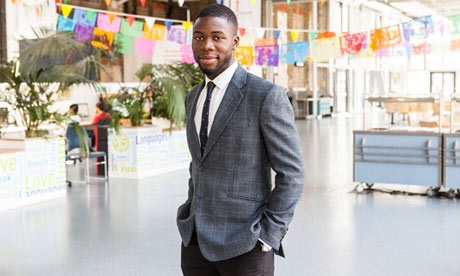
We often reflect on, ‘you can’t be what you can’t see.’ How far does this resonate with you and your experiences in business?
I’m always conflicted when I hear this statement, because believing it in a literal sense is quite limiting. If you don’t see a woman or Black CEO and you’re a woman or Black, does that mean you can never make it? I don’t subscribe to this way of thinking.
The phrase is powerful when it reminds us that there are large sections of society who will worry and genuinely question, can I make it, will my skills be valued, is it a meritocracy? If it is a meritocracy, why is there nobody that looks like me in X position(s)? It can’t be that there has been nobody good enough in the past. Having society represented in all its variety in senior roles is really important because it broadens the next generation’s perspectives as to what’s possible and negates that doubt and wasted energy that can consume so many people along the way. We all benefit when everyone is empowered and psychologically safe to do their best work.

